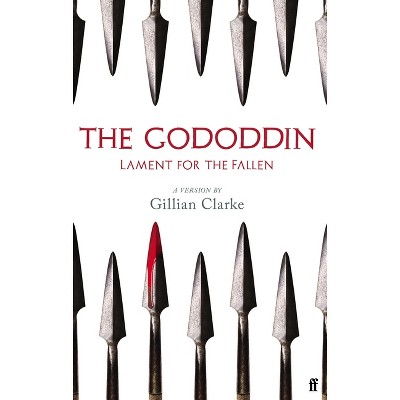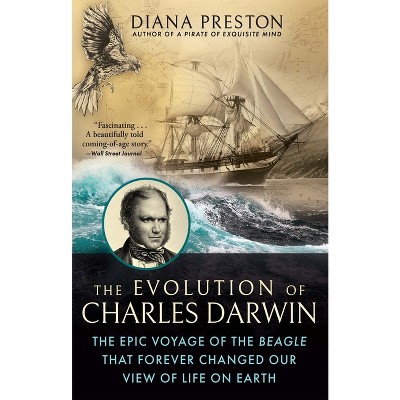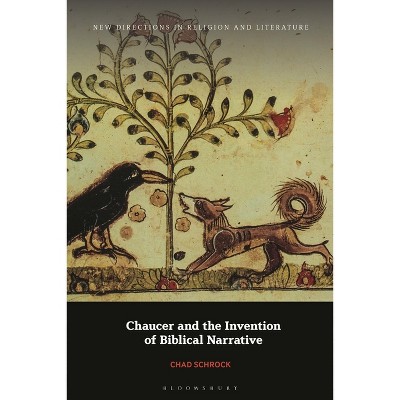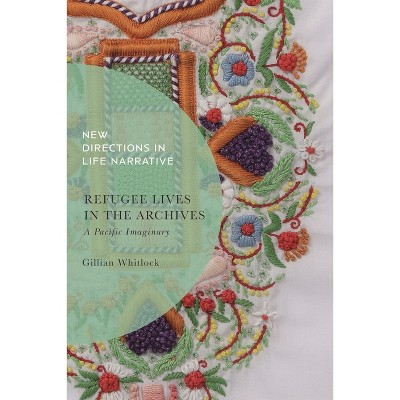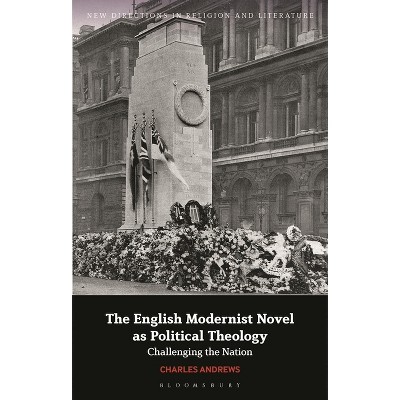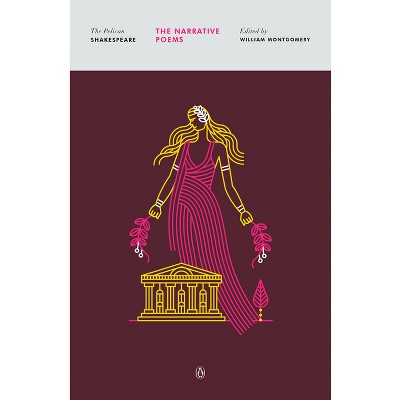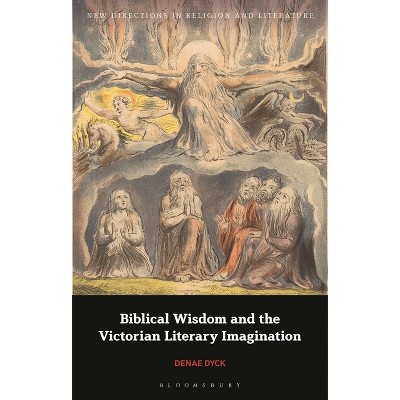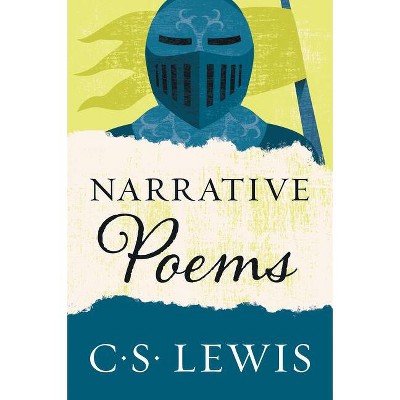Sponsored

Life Writing and the End of Empire - (New Directions in Life Narrative) by Emma Parker (Hardcover)
$115.00
In Stock
Eligible for registries and wish lists
Sponsored
About this item
Highlights
- Winner of the British Association of Contemporary Literary Studies Monograph Prize 2025The dismantlement of the British Empire had a profound impact on many celebrated white Anglophone writers of the twentieth century, particularly those who were raised in former British colonial territories and returned to the metropole after the Second World War.
- About the Author: Emma Parker is Lecturer in Literature and Gender at the University of Bristol, UK.
- 208 Pages
- Literary Criticism, European
- Series Name: New Directions in Life Narrative
Description
About the Book
The first, comparative study of white life writers who migrated to Britain from colonies and former colonies after the Second World War, examining how their autobiographical writings address the legacies of empire.Book Synopsis
Winner of the British Association of Contemporary Literary Studies Monograph Prize 2025
The dismantlement of the British Empire had a profound impact on many celebrated white Anglophone writers of the twentieth century, particularly those who were raised in former British colonial territories and returned to the metropole after the Second World War. Formal decolonisation meant that these authors were unable to 'go home' to their colonial childhoods, a historical juncture with profound consequences for how they wrote and recorded their own lives.
Review Quotes
"[A] masterful close reading of the life-writing of Penelope Lively, J. G. Ballard, Doris Lessing, and Janet Frame ... Parker's work should appeal to all scholars interested in the wider oeuvres of these major writers and also writing teachers, especially those involved with creative non-fiction, since her study adds new dimensions to the intersectionality of fiction and life-writing." --CHOICE
About the Author
Emma Parker is Lecturer in Literature and Gender at the University of Bristol, UK. She is the author of numerous journal articles and book chapters on life writing, modern Anglophone literature, colonialism, and graphic narratives. She is the co-editor of British Culture after Empire (2023).Dimensions (Overall): 9.21 Inches (H) x 6.14 Inches (W) x .5 Inches (D)
Weight: 1.04 Pounds
Suggested Age: 22 Years and Up
Number of Pages: 208
Genre: Literary Criticism
Sub-Genre: European
Series Title: New Directions in Life Narrative
Publisher: Bloomsbury Academic
Theme: English, Irish, Scottish, Welsh
Format: Hardcover
Author: Emma Parker
Language: English
Street Date: March 21, 2024
TCIN: 93124816
UPC: 9781350353794
Item Number (DPCI): 247-46-1359
Origin: Made in the USA or Imported
If the item details aren’t accurate or complete, we want to know about it.
Shipping details
Estimated ship dimensions: 0.5 inches length x 6.14 inches width x 9.21 inches height
Estimated ship weight: 1.04 pounds
We regret that this item cannot be shipped to PO Boxes.
This item cannot be shipped to the following locations: American Samoa (see also separate entry under AS), Guam (see also separate entry under GU), Northern Mariana Islands, Puerto Rico (see also separate entry under PR), United States Minor Outlying Islands, Virgin Islands, U.S., APO/FPO
Return details
This item can be returned to any Target store or Target.com.
This item must be returned within 90 days of the date it was purchased in store, shipped, delivered by a Shipt shopper, or made ready for pickup.
See the return policy for complete information.
Frequently bought together
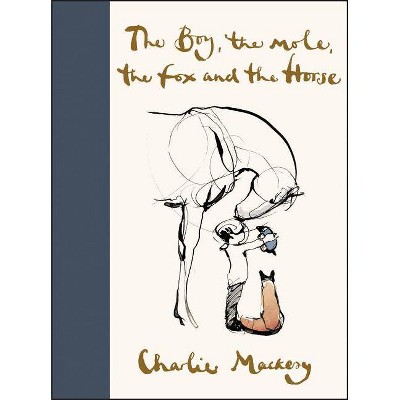
$18.10
MSRP $22.99
Buy 2, get 1 free select books, music & movies
4.9 out of 5 stars with 292 ratings


$10.23
was $10.78 New lower price
Buy 2, get 1 free select books, music & movies
4.6 out of 5 stars with 22 ratings
Trending Book Deals


Highly rated
$22.80
MSRP $38.00
Buy 2, get 1 free select books, music & movies
4.8 out of 5 stars with 14 ratings


$9.85 - $23.09
MSRP $15.99 - $32.99
Buy 2, get 1 free select books, music & movies
4.8 out of 5 stars with 147 ratings

$19.99 - $20.58
MSRP $19.99 - $30.00
Buy 2, get 1 free select books, music & movies
5 out of 5 stars with 6 ratings
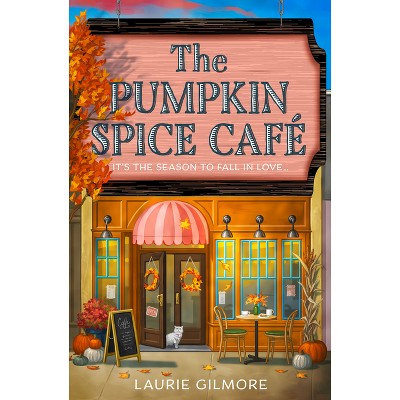
$9.92
MSRP $18.99
Buy 2, get 1 free select books, music & movies
4.2 out of 5 stars with 118 ratings
